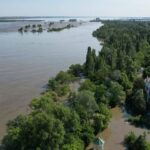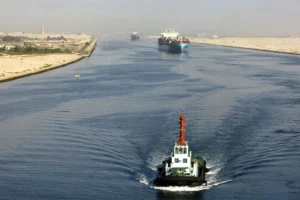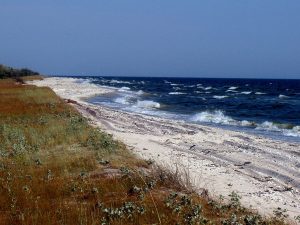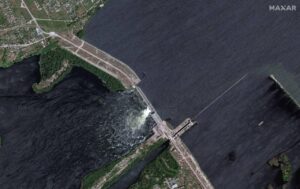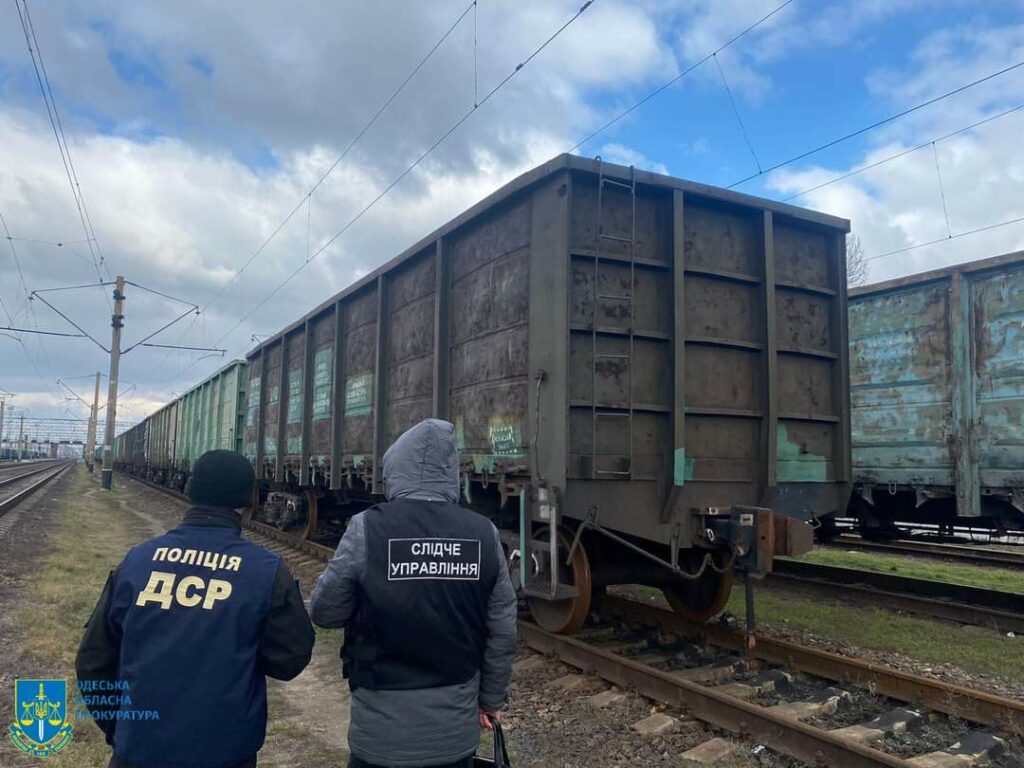In Odesa, the number of water samples in the Black Sea has been increased
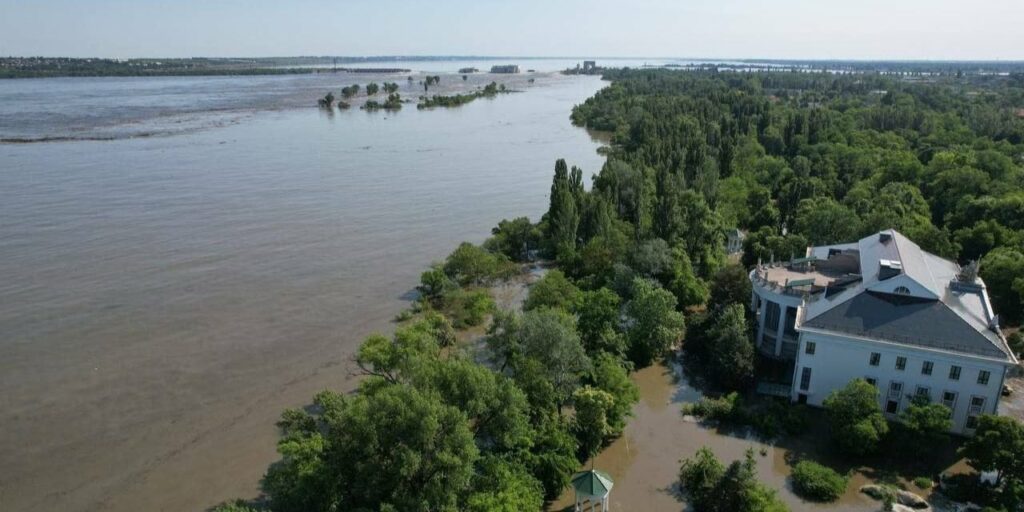
As a result of the terrorist attack on the Kakhovska Dam, chemicals and oil products may enter the Black Sea. Meanwhile, scientists have stepped up monitoring of water conditions.
Due to the explosion of the Kakhovska HPP, experts have strengthened control of the state of water in the Black Sea. This was stated by Deputy General Director of the Odesa Regional Center for Disease Control and Prevention of the Ministry of Health of Ukraine Vitaliy Goncharov.
The official noted that currently the samples of drinking water in the region, which are collected daily, are within the norm, but considering the situation, the number of samples has been increased.
“Increased amount of water sampling for research: sea water and water from open reservoirs. So far, the situation in our country is under control, no increase in morbidity rates has been registered. Also, the research results are within acceptable sanitary norms. Rapid response groups have been created for all these events,” Honcharov noted.
Sea salinity will also be monitored in Odesa to monitor the consequences. The undermining of the Kakhovska HPP will have tangible consequences for the marine ecosystem due to the increase in air temperature in the summer. However, the impact will be noticeable no earlier than in a week.
According to the calculations of hydrologists, the consequences of the influx of water from the Kakhov reservoir into the Black Sea this time will be many times greater than during the past abnormal flows, Mykhailo Son, acting deputy director for scientific work of the Institute of Marine Biology of the National Academy of Sciences of Ukraine, told USM.
“Currently, we do not know the real extent of the destruction. If we take the most pessimistic forecasts, the impact of the accident on the ecology of the Black Sea will be significant. The situation is complicated by the fact that desalination of the water area will take place during the hottest period. This can lead to an outbreak of bacteria and dangerous microalgae,” added Son.
According to the scientist, in the short term we will only have to wait for the normalization of hydrological conditions. In the future, the use of artificial reefs will help to overcome the consequences of pollution, as well as the management of coastal runoff, in particular, the discharge of sewage and drainage water into the sea.
